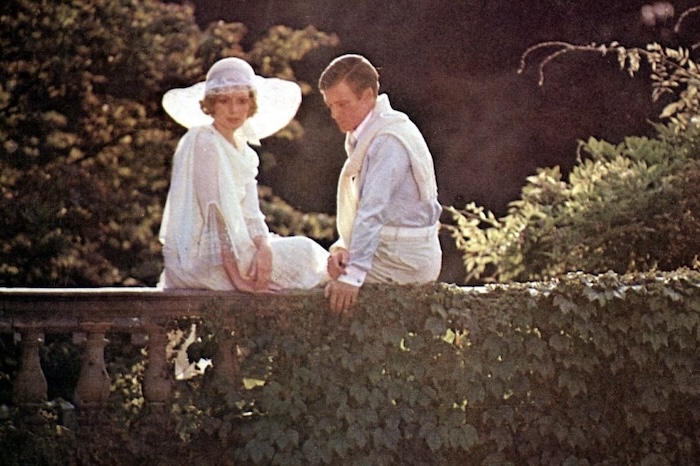
America the Beautiful: The Great Gatsby as Romantic Poetry
We could ask this question in two different ways. First, it might be remarkable that he was able to write any masterpieces at all, even if only one. A chronicler of his age’s excesses in gossipy romans à clef, a middling-to-poor student of elite institutions, a status-conscious social climber from a downwardly mobile Midwestern family, an Irish Catholic in a still-WASP-dominated America, and, eventually, a debilitated alcoholic in a failing marriage marked by intense mental instability — even allowing for the well-attested turbulence of the modern artist, the person described by this list of characteristics is not an obvious candidate for the author of the Great American Novel. Melville, Faulkner, and Hemingway were also unstable, alcoholic, or both, but they wrote from experiences more intense, from settings more extraordinary, and from erudition more solid than anything offered by Fitzgerald’s gentlemanly-mediocre Princeton or gin-soaked Jazz Age New York. Fitzgerald himself feared that in having been drafted too late to see combat in the Great War, he had missed his opportunity not only for heroism but for crucial literary material. How did a person so apparently unserious write The Great Gatsby, which is, on the centenary of its publication, the only 20th-century American novel every literate American has read? The question could be asked the other way, too, though: why did an author with such a rich literary gift only write one great book, even allowing for his alcoholism, his bad marriage, his decadent social scene, and all the rest of it?


